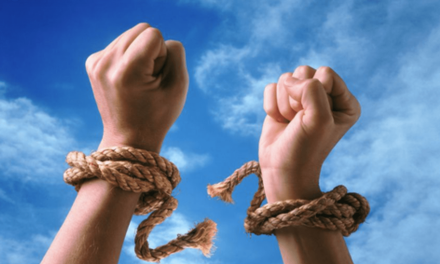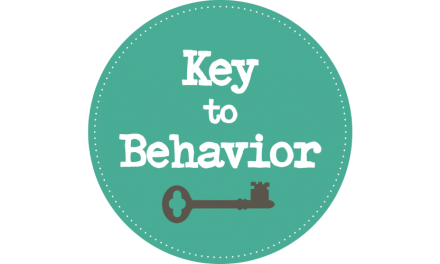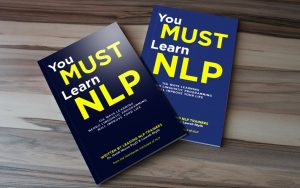When it comes to forgiveness we have two favorite quotes “I don’t forgive because I am weak, I forgive because I’m strong enough to understand that people make mistakes”, and “when you forgive you heal, and when you let go you grow”.
Have you ever had a hard time forgiving someone? It’s hard work! In order to hold on and be unforgiving means that somewhere in your conscious awareness you have to hold onto whatever wrong was done in the past – you have to remember it in order to hold on. The emotional toll this can take on the body is amazing. We have seen so many health-related issues come about because they were unable to forgive.
One of the objections we often hear to forgiveness is the person who was hurt doesn’t want to forget. They think that forgiving means forgetting and accepting a wrong that was done to them in the past. It doesn’t have to mean that at all. In fact, the best type of forgiveness is a forgive and remember, but instead of remembering the hurt, remember the lesson. Remember you’ve been through that experience and you don’t have to relive it over and over again.
That’s what happens when you are unable to forgive, you relive the experience over and over again – remember it through your cellular memory, as if it were happening in the present moment. The act of forgiveness releases the cellular memory so you can finally move on and move forward. You can actually be empowered by forgiving others.
When you are being unforgiving of yourself, self-forgiveness is the ultimate act of love and compassion you can have toward yourself. When you are unable to forgive yourself for something a decision or behaviour from the past you are holding yourself in the prison of your mind and you are not allowing yourself to learn from your past and move into the future. In fact, you are reliving the past experience and projecting that continuously into your future.
NLP can help you to forgive yourself and others in a few ways. First, you will learn that NLP often looks for the positive intention behind any behavior – the benefit for another person to have done something. Generally, there will be a positive intention for any act, understanding this does not mean you approve of the behavior, but you can start to understand the motives or hidden agenda behind the painful behaviors. Secondly, NLP advocates separating a person and their behavior – we all have a myriad of different behaviors, and none of them singularly define us. Having a frame that people are not their behaviors helps us to dissociate from the situation, possibly even to a new point of view helping us to forgive.
Additionally, NLP contains many tools to tap into unconscious beliefs and programming around forgiveness. You will learn techniques that will help you to reframe, realign and change decisions that you made to hold on and be unforgiving. You will also learn how to dissociate from past experiences and change the submodality coding to code them as old beliefs and memories, instead of present and happening now. Furthermore, you will gain tools that will allow you to release the cellular memory and amino acids where you store the pent-up emotions, finally being able to release, let go and forgive.
When you forgive, you are forgiving the past and letting go of the effects a situation has on you. You are not condoning, making light of, or denying the seriousness of what may happen. You are simply giving yourself permission to bring more peace and freedom into your life.
Being able to forgive can empower you to recognize the pain you suffered without letting that pain define you, enabling you to heal and move on with your life. This reminds us of another quote we are fond of “when you choose to forgive those who have hurt you, you take away their power and regain it for yourself”.








